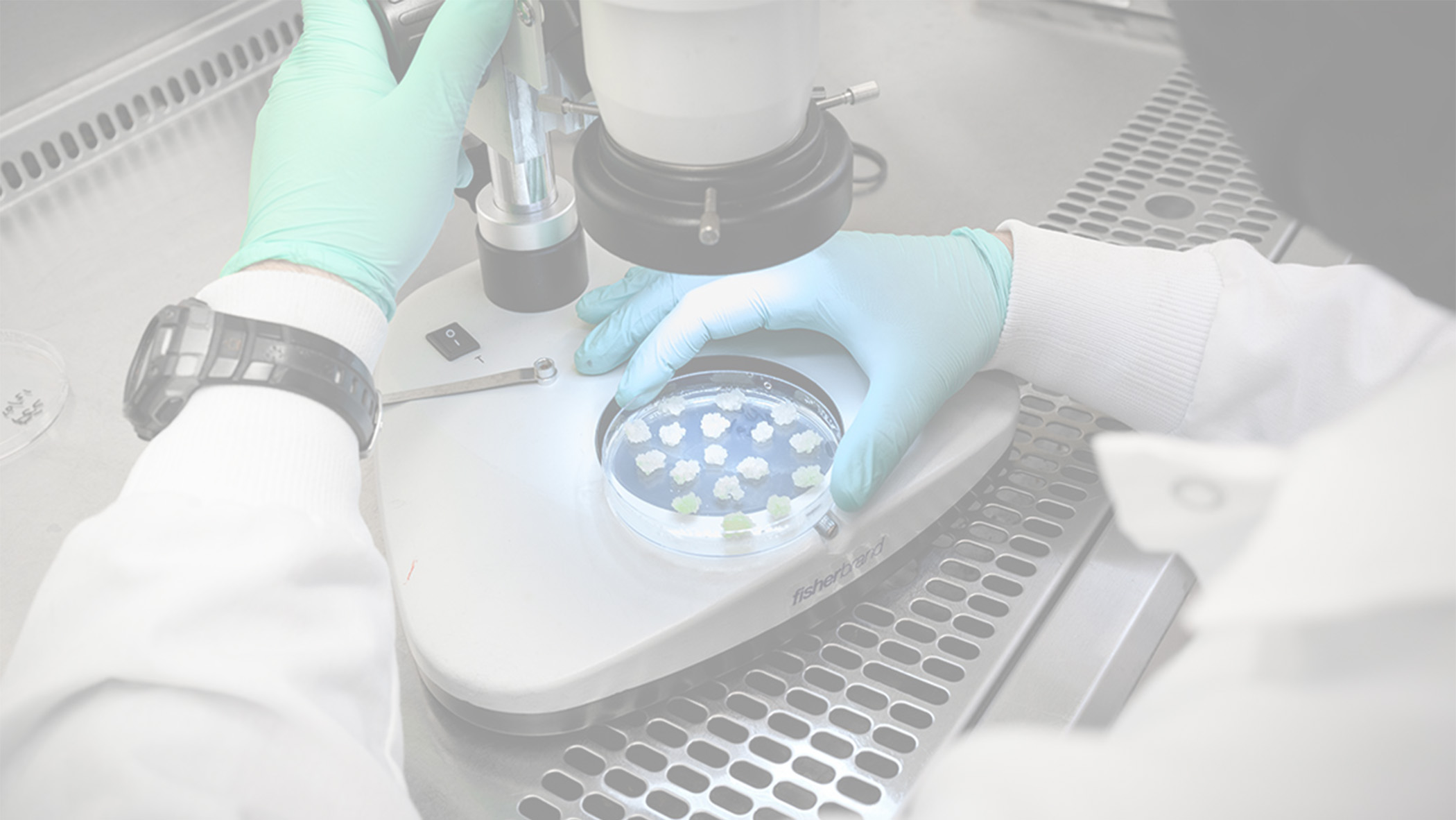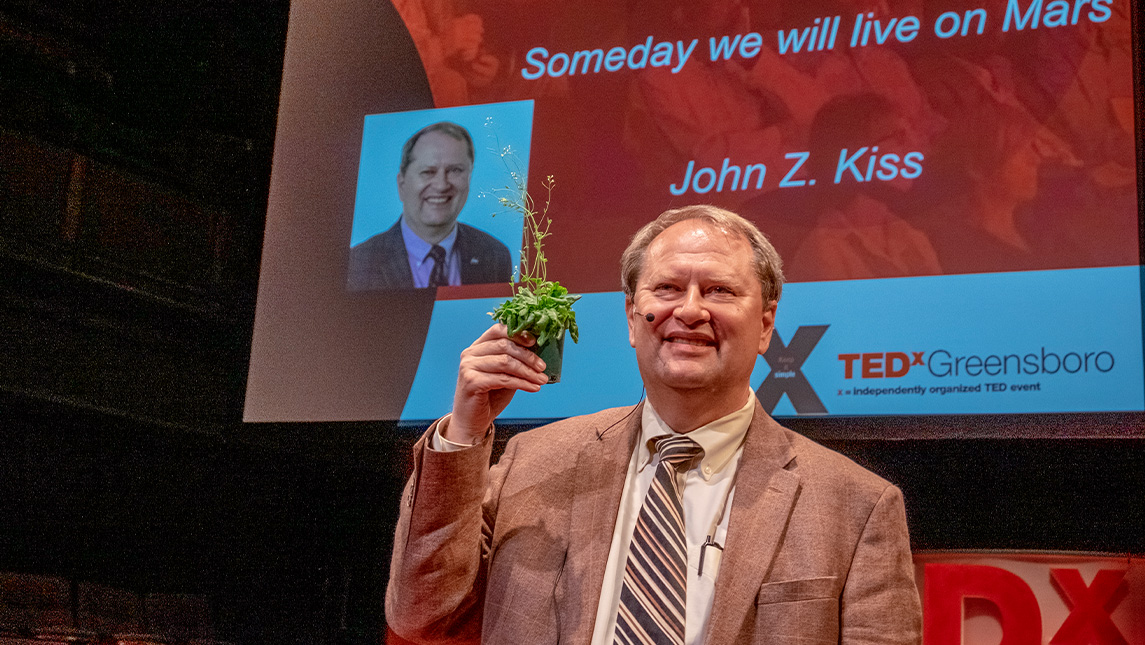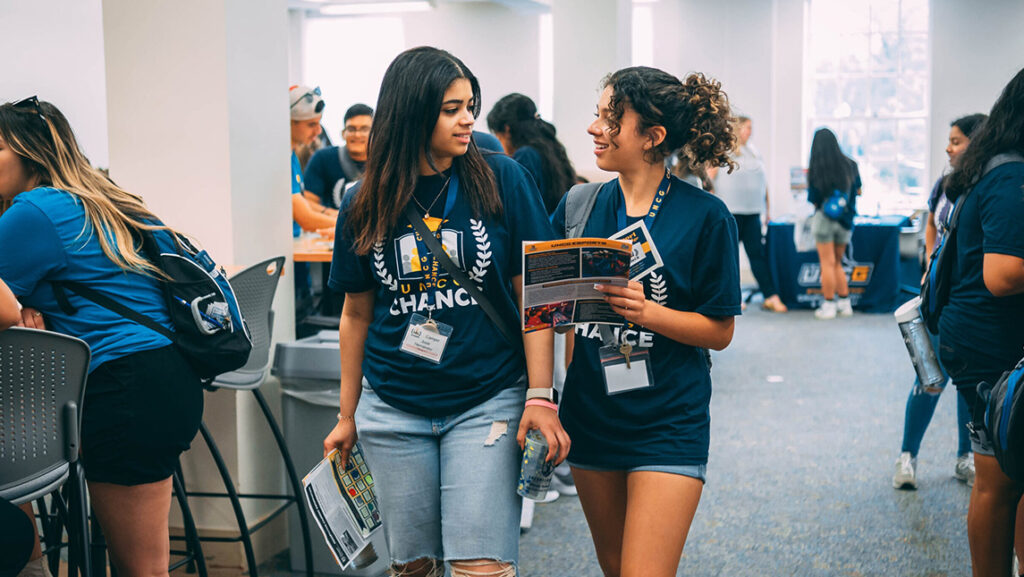In the expansive cosmos, a realm far beyond our terrestrial boundaries, a silent revolution is taking place—one that involves not astronauts or spacecraft, but the humble yet indispensable world of plants. Dean of UNCG’s College of Arts and Sciences Dr. John Kiss, a luminary in gravitational and space plant biology, recently took center stage on The Space Show podcast to illuminate the captivating realm of plant space biology and its profound implications for the future of space exploration.
Plant Space Biology Unveiled
Dr. Kiss initiated the dialogue by unravelling the intricate concept of plant space biology. This burgeoning field seeks to fathom the mysteries of how plants grow and thrive in the stark vacuum of space—a conundrum central to the viability of long-range space missions, including Mars expeditions and lunar colonies. Beyond providing sustenance, these photosynthetic organisms may one day become our steadfast companions, furnishing us with food and a life-sustaining oxygen supply.
Crucially, Dr. Kiss underscored the indispensability of enclosed habitats akin to space greenhouses, highlighting their pivotal role in shielding delicate plants from the harsh rigors of radiation and the inhospitable Martian climate. These space sanctuaries are more than just laboratories; they are the lifeblood of future spacefaring endeavors.
Water, the Elixir of Life
The conversation then navigated toward an intriguing question: Can plants thrive on Mars without protective enclosures? Dr. Kiss astutely outlined the advantages of the moon’s south pole as a potential water source, revealing the tantalizing prospect of in-situ water utilization on both the lunar surface and Mars. The message was clear: water is the common currency of plant life, and in the parched realms of space, every drop is precious.
Moreover, Dr. Kiss delved into the ingenious realm of genetic engineering, envisioning bespoke crop plants meticulously crafted to flourish in the inhospitable atmospheric pressures of the Red Planet. Here, science meets artistry as we imagine a garden of otherworldly crops nourishing our cosmic odyssey.
Navigating Alien Terrain
Lunar and Martian regolith, those desolate landscapes of dust and rocks, posed yet another intriguing challenge. Dr. Kiss elucidated the ongoing research endeavor to understand how plants might thrive in such a rugged environment. The importance of supplementing regolith with vital nutrients and antioxidants became apparent—a key to ensuring the resilience and productivity of space-faring crops.
Gravity’s Enigmatic Role
The gravitational ballet of space became the subject of another enthralling inquiry. Dr. Kiss unveiled the complexities of plant development in microgravity, a realm where we possess some knowledge. Yet, the uncharted territory of fractional or reduced gravity begged exploration. As we ponder the comparative impacts of Earth, lunar, and Martian gravity on plants, we are compelled to consider how plants will adapt in these alien terrains.
Orbital Oasis: O’Neill Island Structures
The prospect of cultivating crops within orbital structures, such as the O’Neill island, emerged as a captivating proposition. While not without its challenges, including the necessity of centrifuges to create artificial gravity, Dr. Kiss remained optimistic about the prospect. His vision encompassed not only sustaining humans but also enhancing the nutritional benefits of space-grown plants for animals, broadening the horizon of interstellar agriculture.
A Neglected Frontier
Dr. Kiss lamented the underappreciation of plant biology in space exploration’s grand narrative, often eclipsed by the glamour of rocketry and human missions. The relentless pursuit of spectacular launches and celestial adventures tends to overshadow the quiet yet profound contributions of plants to our cosmic journey.
Seeding the Lunar Landscape
In a finale to the cosmic conversation, Dr. Kiss unveiled his current project—a daring endeavor to cultivate plants on the moon’s surface. This interdisciplinary undertaking involves the harmonious collaboration of biologists and engineers, underscoring the importance of diverse expertise in expanding the horizons of plant space biology. Additionally, he highlighted the invaluable role of students in advancing this pioneering research.
A Stellar Anecdote
As a parting gift, Dr. Kiss regaled us with a delightful tidbit—the story of an asteroid named after Alexandria Ocasio-Cortez (AOC). A rarity in nomenclature, as asteroids are typically named after scientists, artists, or historical figures, AOC’s celestial namesake commemorated her victory in the New York City science fair during her high school years.
In closing, the future of plant space biology is nothing short of enthralling, as we journey into the cosmos, cultivating not only plants but also a deeper understanding of life itself. Dr. John Kiss’s illuminating insights reveal that in this age of exploration, the green frontier is as vital as the stars themselves, promising sustenance, wonder, and a thriving future beyond our terrestrial home.
Story by University Communications
Photography by Martin Kane

Blast Into Biology



